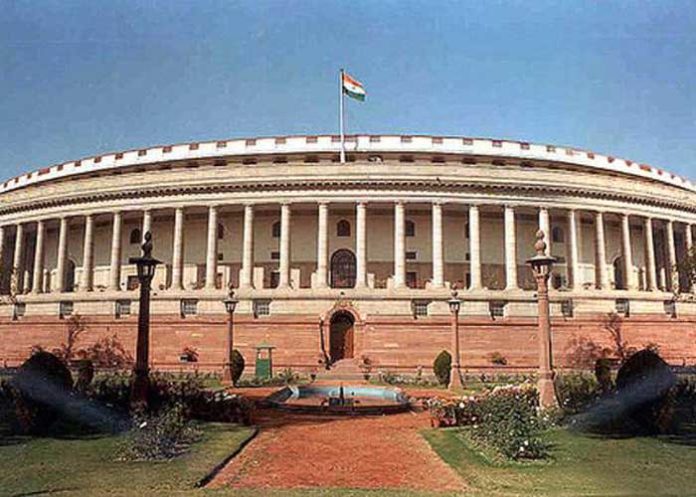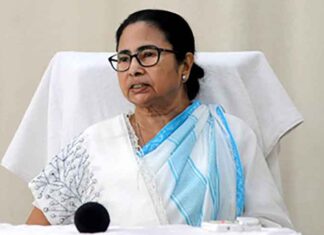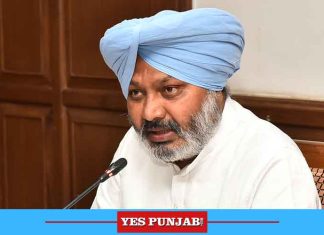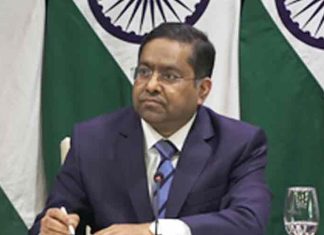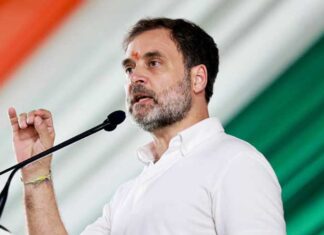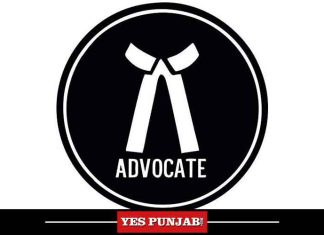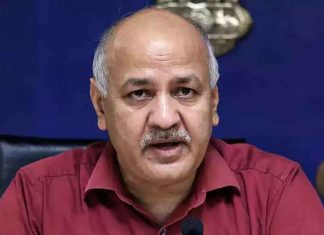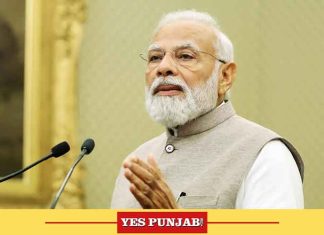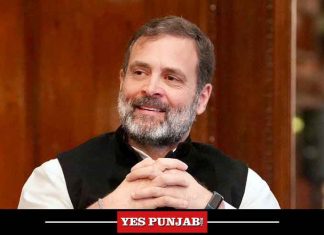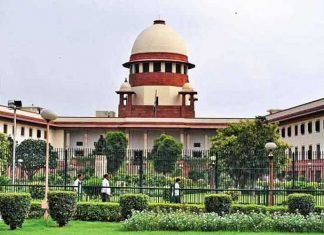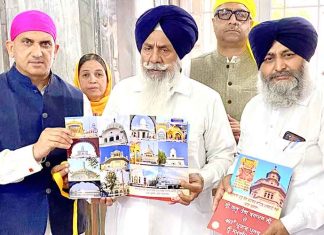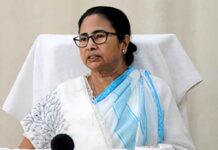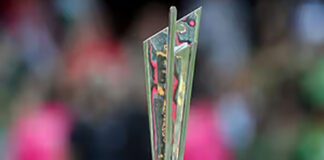There’s a buzz that PM Modi may bring in Women’s Reservation Bill during Spl Session of Parliament
New Delhi, Sep 9, 2023- There happens to be a “buzz in Lutyens” that Prime Minister Narendra Modi will bring in the Women’s Reservation Bill during the Special Session of Parliament. K. Kavitha, Telangana MLC and daughter of Chief Minister K. Chandrasekhar Rao, wrote to the presidents of all 47 political parties for their support for the formalisation of this legislation.
This bill envisiges 33 per cent reservation for women in Lok Sabha and state assemblies for 15 years. This bill, however, is no fresh endeavour and its journey to this point, in a way, began before Independence.
The present idea of the Women’s Reservation Bill originated from a constitutional amendment in 1993, which stated that a random one-third of a village council leader (Sarpanch) positions in the gram panchayat should be reserved for women.
This bill became a long-term plan to extend this provision to Lok Sabha and state legislative assemblies.
However, in the most recent context, this bill was introduced in Lok Sabha by then Prime Minister H.D. Deve Gowda’s United Front government on September 12, 1996, with the aim to reserve 33 per cent seats in Lok Sabha and all state legislative assemblies for women.
The criteria for this reservation were that it would be on a rotational basis, and the seats would be reserved in such a manner that one seat would be reserved just once for every three consecutive general elections.
The Vajpayee government pushed for the bill in Lok Sabha but to no effect.
Later, Manmohan Singh-led UPA-I government tabled the bill in the Rajya Sabha where it was passed with 186-1 votes on March 9, 2010, amid protests by some regional parties and collective support of the Congress, BJP and Left parties. But since it was left pending in the Lower House, it lapsed with the dissolution of the 15th Lok Sabha.
RJD and Samajwadi Party were expressive opponents for the Women’s Reservation Bill at this time. They demanded an additional 33 per cent reservation for backward groups within the 33 per cent quota for women. JD(U)’s Sharad Yadav infamously said that “short-haired women” could represent “our women,” meaning those from rural areas.
Those who opposed this bill considered it preferential treatment towards women. However, LJP’s Chirag Paswan and Odisha Chief Minister Naveen Patnaik have been pushing for the passing of this bill in their rallies and speeches.
The situation at present is that the bill is still pending in Lok Sabha. It will become a law only when the ruling government supports it with not just words but action—the reason being their strength in Lok Sabha. With the majority belonging to BJP, this government can be the catalyst in legislating this bill.
Moreover, in 2014, the BJP had promised 33 per cent reservation for women in its manifesto and repeated the same in its 2019 agenda. So far, there has been no movement from the government in this direction.
At a women MPs’ conference in Parliament on Monday, late former President Pranab Mukherjee had said that it was “unfortunate” that the bill is yet to be passed in Lok Sabha.
NCP Chief Sharad Pawar is on record for saying that BJP might not give “priority” to the Women’s Reservation Bill, adding that “There is a need for women’s reservations here… If they (BJP) will support this bill, then we will surely support it. But, I believe the BJP will not give priority to this bill.”
The proponents of this bill argue that such a preferential action is necessary to address the underrepresentation of women in politics and decision-making. They maintain that the matter is not about this bill alone—it is about reorienting the deeply entrenched interests in India’s polity.
Those against this proposition maintain that such an idea is unconstitutional as it runs counter to the principle of equality as women will not be competing on merit if there is reservation. It is also argued that women are not a homogenous community to have an unspecified representation.
At present, just about 14 per cent of Indian MPs are women. This is the highest so far. As per the Inter-Parliamentary Union, India has a fewer percentage of women in Lok Sabha than in Nepal, Pakistan, Sri Lanka and Bangladesh.
The fate of the Women’s Reservation Bill — and the step towards institutionally supported political representation of women now rests in the hands of BJP. (Agency)
CLICK HERE to Subscribe to YesPunjab Telegram Channel & receive Important News Updates



